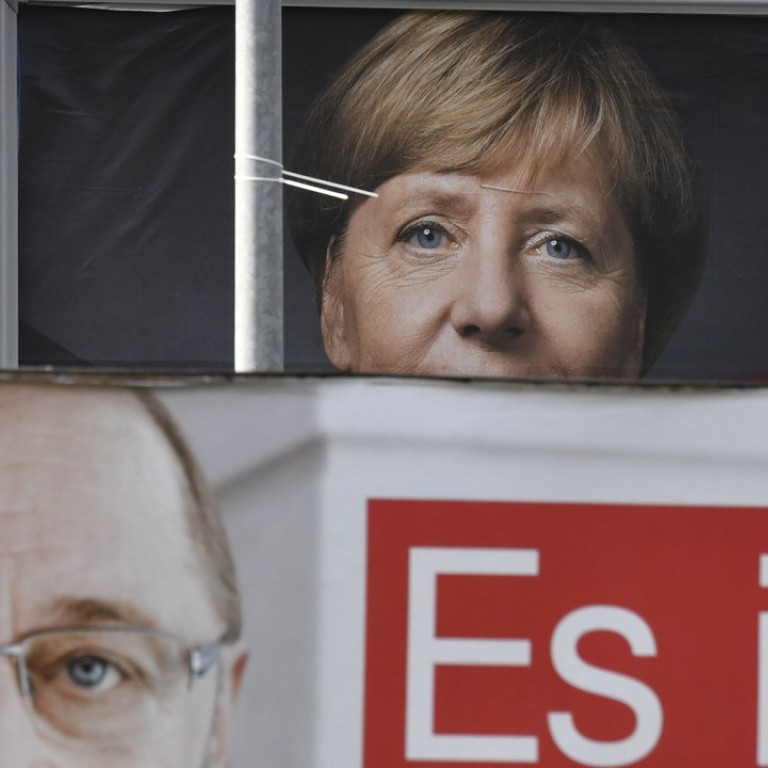
Analysis | In the age of Trump, China seen as important global partner for Germany’s next chancellor
Relations between the world’s first and third biggest export nations have been moving in a generally constructive direction as a bulwark against protectionism, analysts say
Germany will be eager to deepen economic and diplomatic relations with China in a shifting multilateral world regardless of whether Chancellor Angela Merkel wins re-election next week or is knocked out of power by challenger Martin Schulz.
That is the consensus view of analysts and a key official in Merkel’s right-left grand coalition government as the European Union’s wealthiest country heads down the home stretch for the election next Sunday.
There is precious little difference between the main centre-right and centre-left parties and their possible coalition partners concerning policies on China.
China is seen by both the centre-right and centre-left as an enormous market that buys lots of Volkwagens but also as an increasingly competitive rival for German goods in other markets around the world.
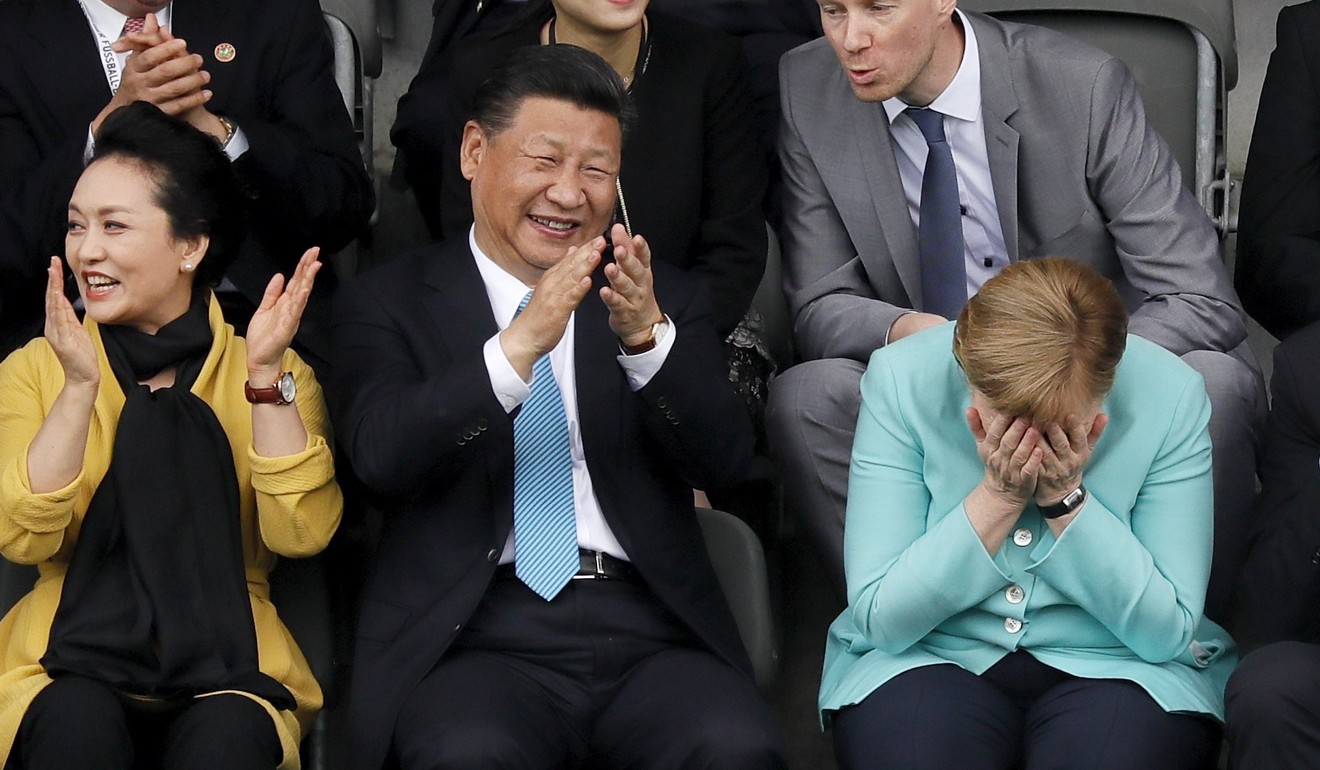
In a less certain world following Donald Trump’s 2016 election, China is also seen by the two main parties as an important ally on free trade, climate change and other issues.
Merkel’s conservative Christian Democrats (CDU/CSU) have been holding a remarkably steady lead in opinion polls over Schulz’s centre-left Social Democrats (SPD) for the last six months and they appear to be heading for an easy win on September 24.
A survey last week conducted by pollster Forschungsgruppe Wahlen for ZDF television showed support for Merkel’s conservative bloc falling 2 points to 36 per cent - a result that would still make it the largest group in parliament. Support for SPD rose by 1 point to 23 per cent.
Watch: Merkel welcomes Xi Jinping to Germany
Schulz, 61, threw a scare into Merkel, 63, early in the year when polls showed his SPD surging ahead of the CDU/CSU during an ephemeral wave of euphoria that followed the former European parliament president’s surprise nomination.
The enthusiasm for Schulz has long since disappeared and Merkel appears to be headed for a fourth term, albeit with possibly a different partner than the SPD.
The pro-business Free Democrats (FDP) and even the environmental Greens are possible junior coalition partners.
Both the FDP and Greens are in a ferocious battle for third place along with the far-left Linke party and the far-right Alternative for Germany (AfD) party – all four small parties hovering between 7 and 10 per cent in polls.
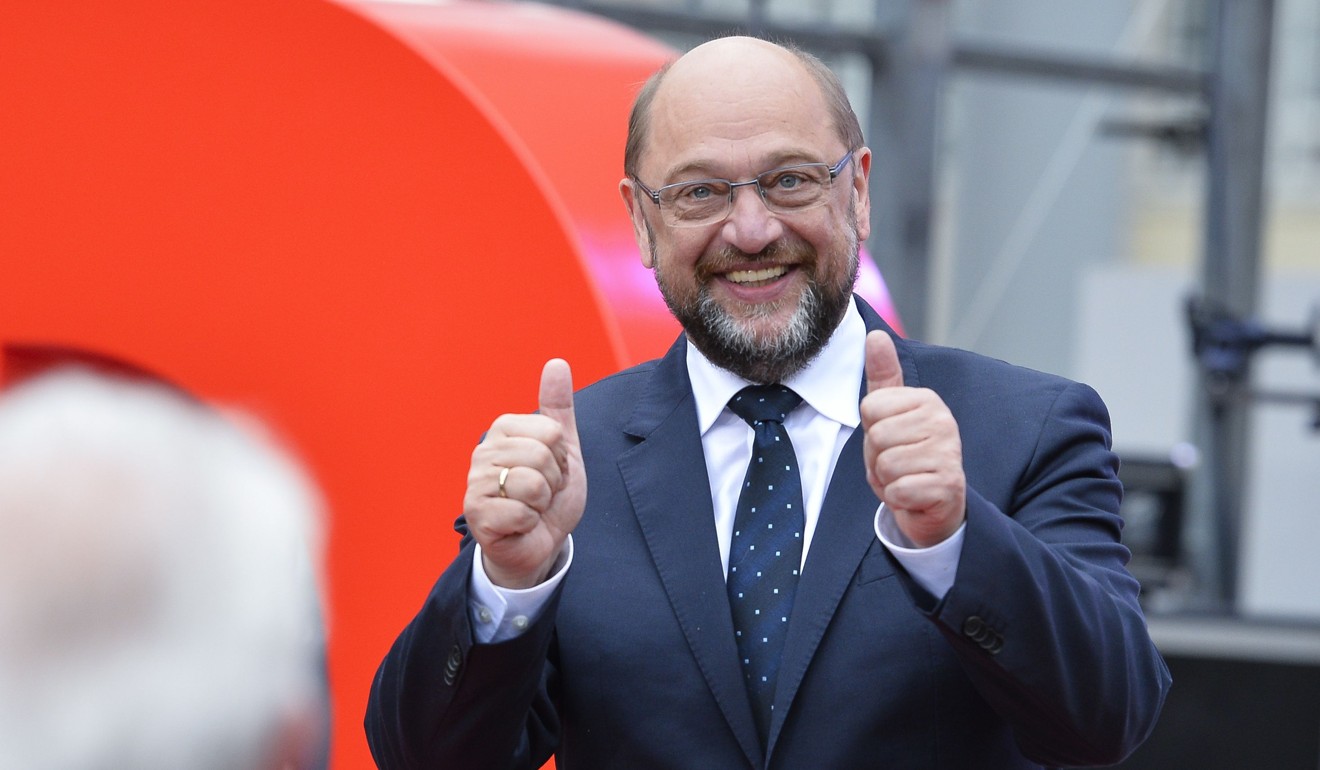
“China has grown to become an evermore important partner for Germany,” said Juergen Hardt, a close Merkel ally and her government’s coordinator for transatlantic policies, in an interview with South China Morning Post. That won’t change, he said.
“Chancellor Merkel has sought to deepen our relationship with China. If re-elected, she’ll continue this course of strengthening those relations.”
Germany’s clout in the EU has grown since Merkel was first elected in 2005 and waxed even further in the wake of the twin shocks of 2016: Brexit and Trump’s election president. Germany has looked to the United States for leadership since the second world war.
But a vacuum has opened up with the United States under Trump appearing to step back from multilateral cooperation on global issues ranging from trade to climate change.
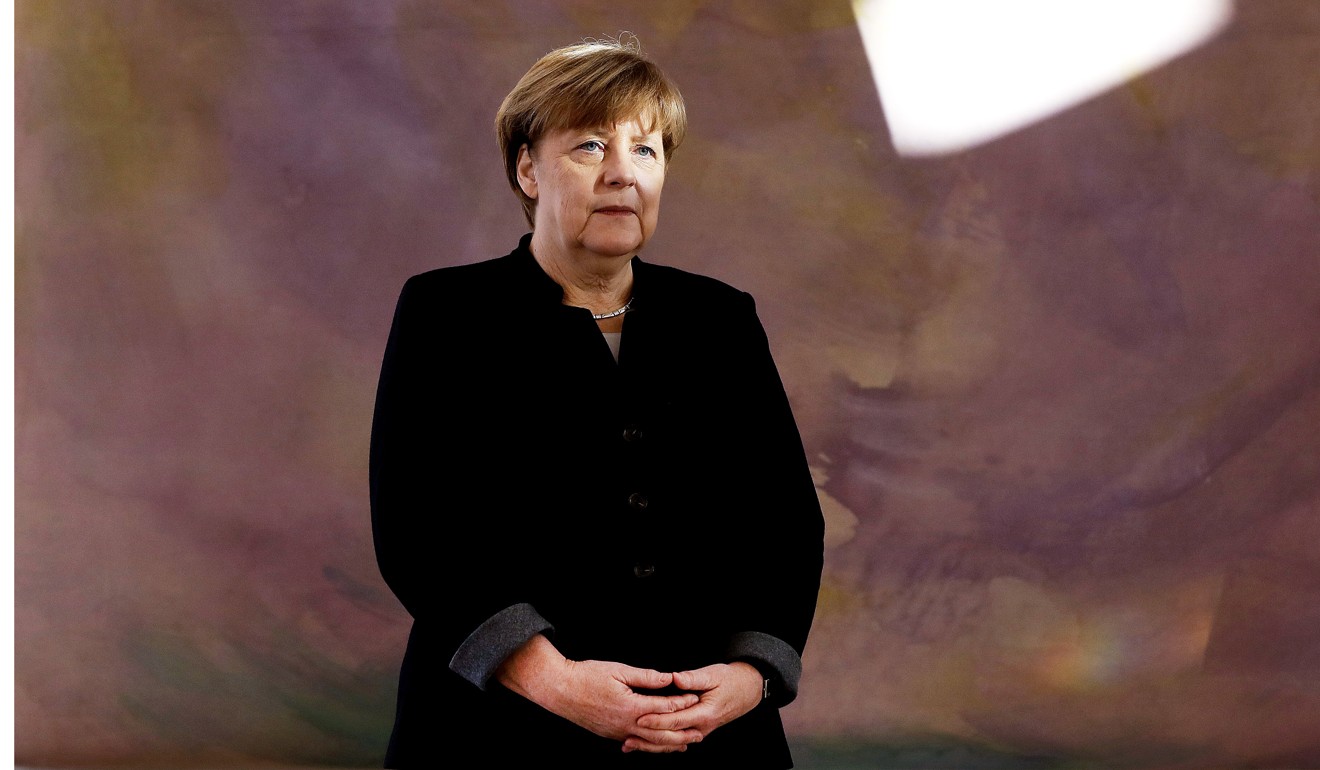
“China has taken an important leadership role securing the Paris climate accord – something we applaud,” added Hardt, who has accompanied Merkel to China on some of her annual trips there even though his focus is transatlantic.
“We’d welcome China to help constructively solve other global challenges. China’s strengthened economic and political position requires it to play a more active role in shaping common answers to global challenges.”
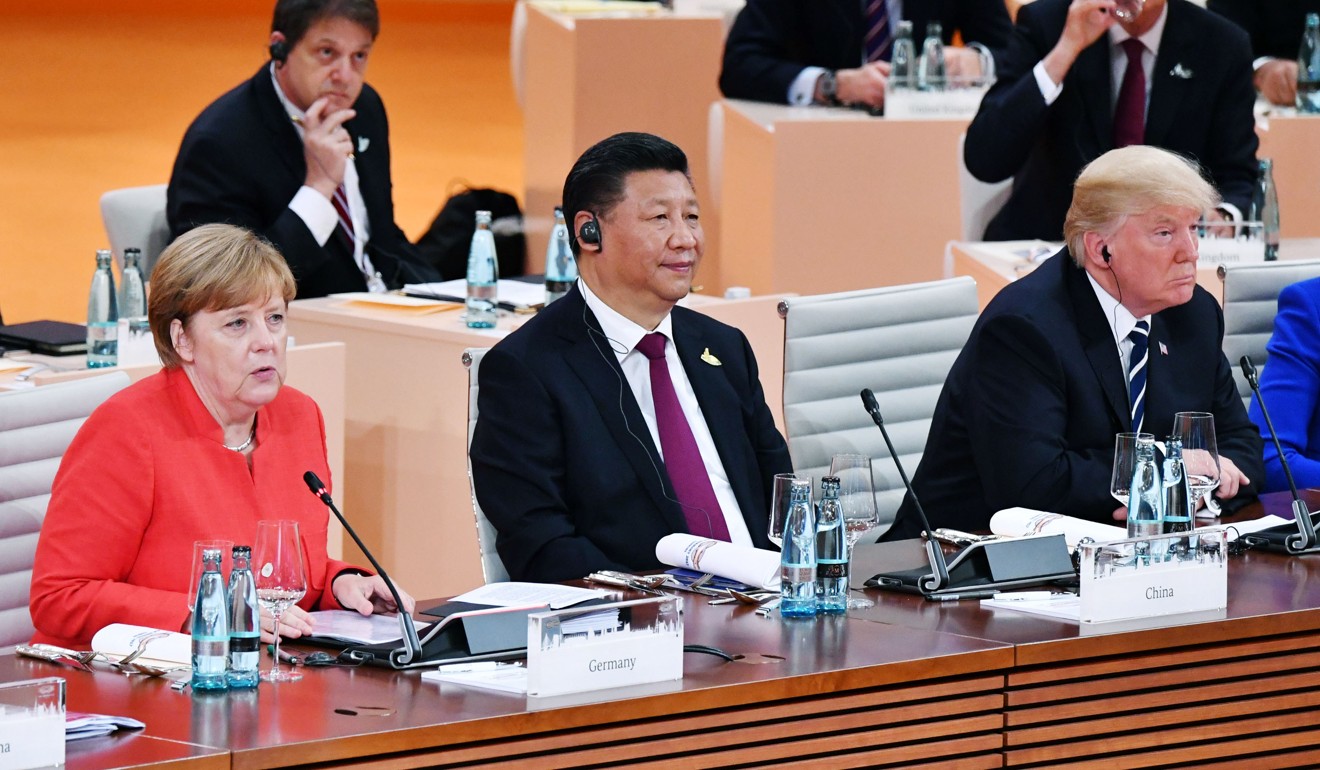
Unsurprisingly, China has not come up as an issue at all in the German election Wahlkampf, a short and chivalric campaign of just over a month that did not really begin in earnest until mid-August when Merkel returned relaxed and sun-tanned from her annual three-week summer holiday of hiking in the Italian Alps.
Relations between the world’s first and third biggest export nations have been moving in a generally constructive direction as a bulwark against protectionism, analysts said.
“The election will not have any impact on Germany-China relations,” said Bernt Berger, a senior fellow and Asia specialist at the German Council on Foreign Relations (DGAP) think tank in Berlin. “The key parties have not played any ‘China card’ and there aren’t any protectionist tendencies. There are no visible differences between Merkel and Schulz. They both have a very pragmatic approach.”
Watch: Merkel and Trump’s awkward moment in the Oval Office
Berger said issues with China would most likely be treated in a similar manner no matter if Merkel or Schulz was leading the next government: better market access, protection of investment, and the influence of the Chinese Communist Party (CCP) on joint ventures in China.
Both chancellor candidates are eager to see barriers for foreign manufacturers and investors eager to trade in China reduced or eliminated.
“There would hardly be any difference,” said Berger, noting that the SPD candidate Schulz might possibly have a slightly stronger normative agenda regarding domestic issues in China, especially human rights and rule of law.
“But this would not lead to any major interference.”
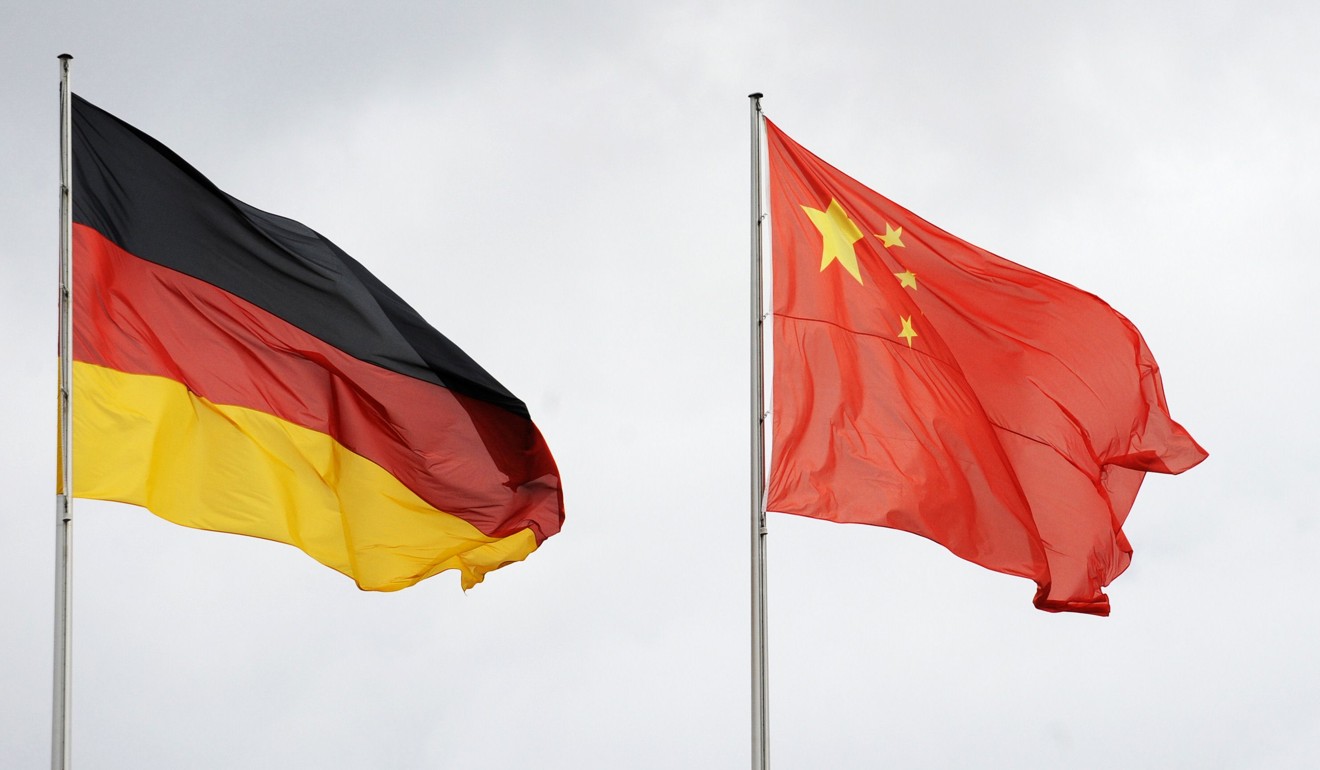
Carsten Brzeski, chief economist at ING Diba in Frankfurt, said that the only nuance of change under a Schulz-led government would be louder volume on demands that China open its borders for foreign goods and investment.
He said both China and Germany quickly recognised that Trump was scoring one own-goal after another with his isolationist “America First” agenda, creating openings for China and Germany.
“But I honestly don’t think there’s going to be much of a difference if it’s Merkel or Schulz,” Brzeski said.
“China and Germany have become extremely important partners for each other and everything’s probably going to continue as it has been. The next government might try to increase pressure towards a level playing field. Merkel would probably only gradually increase that pressure while Schulz might be a bit of a tougher player for opening the Chinese market.”

